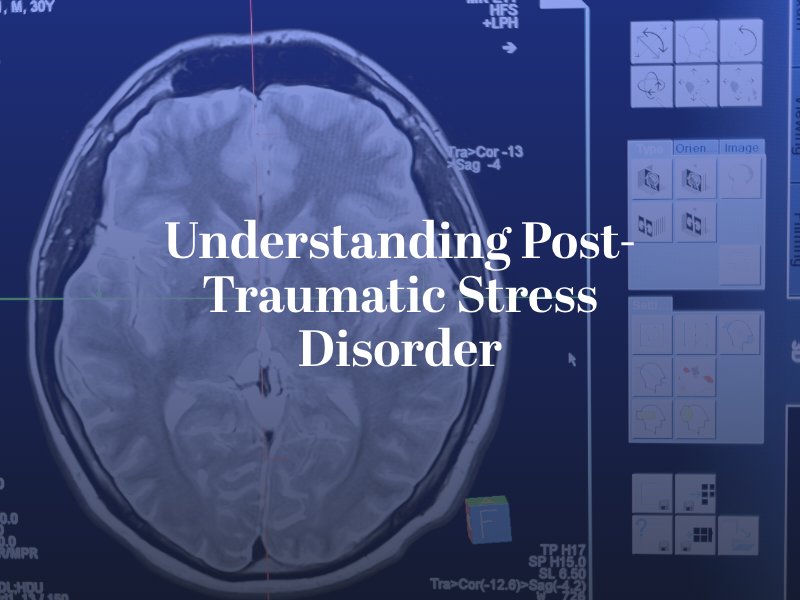February 21, 2025 Birth Injury,Personal Injury
Suffering a traumatic event, such as a car accident, medical malpractice, or birth injury, can lead to more than just physical harm. Many victims experience emotional and psychological distress, which can develop into Post-Traumatic Stress Disorder (PTSD). Understanding PTSD, its symptoms, and legal options for compensation can be crucial for those affected.

Post-Traumatic Stress Disorder (PTSD) is a psychiatric condition that can develop in individuals who have experienced or witnessed a traumatic event. It is classified in the Diagnostic and Statistical Manual of Mental Disorders (DSM-5) under Trauma- and Stressor-Related Disorders and is characterized by a prolonged and severe stress response to trauma.
PTSD disrupts normal brain function, particularly in the amygdala, hippocampus, and prefrontal cortex, which are responsible for processing fear, memory, and emotional regulation.
Neurobiologically, PTSD is associated with:
This imbalance can result in hyperarousal, intrusive recollections, dissociation, and emotional dysregulation.
PTSD can occur in response to various traumatic events, including severe car accidents, medical negligence, and birth trauma. It often coexists with other mental health disorders such as depression, anxiety, and substance use disorders, making timely intervention essential.
PTSD symptoms typically fall into four categories:
Car accidents are among the leading causes of PTSD. Victims may develop a fear of driving, experience flashbacks, or suffer from anxiety and depression. Seeking treatment and legal support can help victims recover financially and emotionally.
A traumatic childbirth experience, especially one that results in injury to the baby or mother, can trigger PTSD. Parents may experience anxiety, depression, or an overwhelming fear of future pregnancies. When medical malpractice or negligence plays a role, families may have legal options for seeking justice.
If your PTSD stems from an accident or event caused by negligence, you may be entitled to compensation for:
Proving PTSD in a personal injury case requires strong evidence, including medical records, expert testimony, and witness statements. An experienced attorney can help build a solid case, negotiate with insurance companies, and fight for the compensation you deserve.
If you or a loved one is struggling with PTSD following a traumatic event, don’t suffer in silence. Seeking medical treatment and legal guidance can be the first steps toward recovery and justice. Contact our experienced Las Vegas personal injury attorneys today for a free consultation and let us help you move forward.